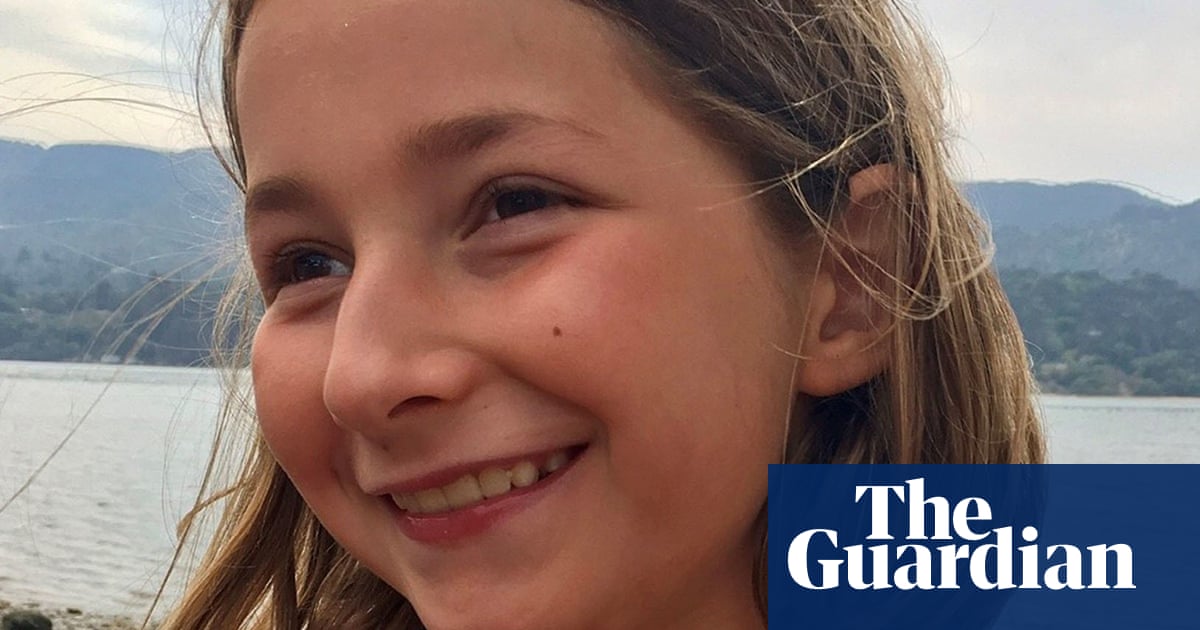A senior doctor who wasfound guilty of “misconductwhich impairs his fitness to practise” in his treatment of 13-year-old Martha Mills will face no sanction due to “exceptional circumstances”.
The disciplinary tribunal said on Wednesday that it would take no further action with respect to Prof Richard Thompson because it was a “single lapse of judgment in an otherwise exemplary career”. It said there were no outstanding public protection issues and it was not the tribunal’s role to punish him.
Thompson was the on-duty consultant at King’s College hospital (KCH), in south London, on 29 August 2021, two days before Martha’s death from sepsis, which led last year tothe introduction of Martha’s rule, giving the right to a second medical opinion in English hospitals.
The tribunal previously found that Thompson, who left the hospital at 3pm, failed to escalate Martha’s treatment to an intensive care unit or to conduct a direct in-person review and assessment, including of a rash. The duty registrar had called Thompson at home when Martha developed the rash.
In 2022,a coroner ruled she would probably have survivedif doctors had identified the warning signs of her rapidly deteriorating condition and transferred her to intensive care earlier, which her parents had asked doctors to do.
Robin Ince, the chair of the panel at the Medical Practitioners Tribunal Service in Manchester, said among the “exceptional circumstances” dictating that no further action was necessary was that “there was no allegation or evidence that Prof Thompson either caused or contributed to Martha’s death”.
He said that the misconduct and impairment finding was of itself a “significant stigma” and would be “a continuing embarrassment” for Thompson.
“A sufficiently clear message had already been sent to the profession and to the public (that even such an experienced doctor as Prof Thompson could still make serious errors of clinical judgment for which he will be called to account),” said Ince. “The public would be aware that this finding would remain a stain on Prof Thompson’s reputation for the rest of his life.”
Christopher Rose, representing the General Medical Council, had argued that Thompson should be suspended for an appropriate period, as taking no action would be inconsistent with the tribunal’s impairment finding. He also claimed it was necessary to maintain standards and public confidence in the profession.
But Ince said the lack of sanction did not detract from the message that the tribunal’s determination on impairment sent.
He said that any suspension “would result in the loss of Prof Thompson’s invaluable expertise as a hepatologist, both nationally and internationally … which would not be in the public interest”, adding: “The tribunal was of the view that this decision to take no action did not jeopardise public protection, particularly given its comments as to the [lack of] risk of repetition.”
After the sanctions finding, Martha’s parents, Merope Mills, a senior editor at the Guardian, and her husband, Paul Laity, said: “King’s College hospital’s own report into Martha’s death made it clear that the high-status consultants on her ward had a poor relationship with paediatric intensive care, which helps to explain why Martha wasn’t referred there when, as every expert has agreed, she should have been. We will never understand why experienced doctors, with elevated reputations, took such a big risk with her life.”
Martha sustained an injury to her pancreas when she fell off her bike on holiday in Wales. She was transferred to intensive care at KCH on 30 August 2021, by which time she had septic shock, according to a serious incident report produced for the hospital.
In March,the Commons health and social care committee heardthat Martha’s rule had been invoked more than 2,000 times, which had led to more than 300 patients having an improvement in their care and more than 100 patients being escalated to intensive care or equivalent.
